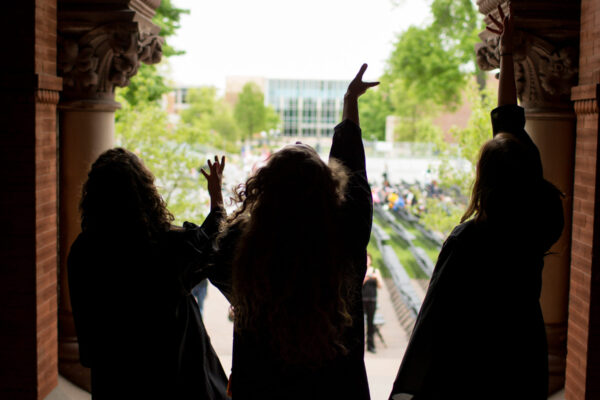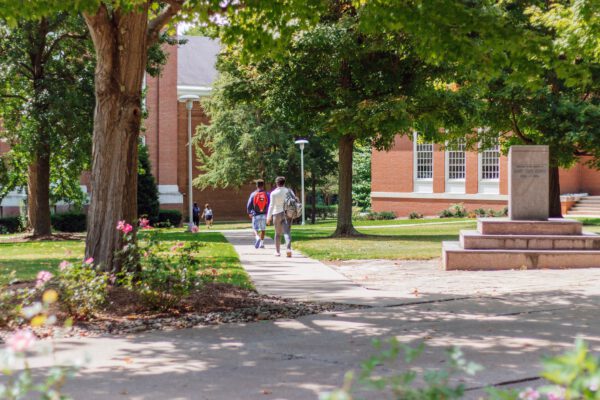Decreased Benefits and Lower Wages: The Growing Gulf Between Non-college and College-Educated Workers
Title: Occupation Bifurcation: How Non-college Work Has Separated
Author: Anthony Colavito
Source: Third Way
Over the last 30 years, the growth of automation, information technology, and AI has fueled the U.S. economy, resulting in a technological revolution. At the same time, our economy has seen a further segregation in occupation and pay between college-educated and non-college-educated workers. A new report from Third Way investigates how both jobs and wages have evolved for the non-college-educated population by examining the growth and decline of various occupations for full-time wage and salaried individuals from 1992 to 2022.
Those without college degrees are increasingly left out of the professional and managerial job classes. According to the report, the number of full-time workers in managerial and professional occupations nearly doubled between 1992 and 2022, reaching 47 million, but those lacking a college degree accounted for only 13 percent of this increase.
The separation between college-educated and non-college-educated workers has resulted in a corresponding divergence in pay and job benefits. At the end of 2022, Third Way found that 90 percent of workers in management, professional, and related occupations had access to health care benefits, and 93 percent had access to paid sick leave. These coverage levels are more than 13 percentage points or higher than the average coverage for workers across all education levels.
The bifurcation between college-educated and non-college-educated workers has also contributed to an increase in certain occupations over others. In 1992, there were 27 million non-college-educated workers in production, operative, and clerical roles, but by 2022, there were 21.5 million, a 20 percent decline. Simultaneously, the number of non-college-educated workers in service occupations and the transportation industry rose by 25 percent to 18 million by the end of 2022.
Service and transportation and material moving jobs are on the rise, with both availability and employment numbers increasing. However, these jobs tend to come with lower wages. According to the report, those in service occupations are making a little under $22 hourly, which is $6 less than the average wage in production occupations.
The gap between college-educated and non-college-educated workers continues to widen across multiple categories, including pay, retirement benefits, types of occupations, and overall lifetime earnings. As a result, there is an increasing trend toward reevaluating the credentials needed for high-demand occupations. As an example, Pennsylvania has eliminated college degree requirements for most state jobs, and other states have done the same.
To read the full report and view the published graphics from Third Way, click here.
—Austin Freeman
If you have any questions or comments about this blog post, please contact us.


